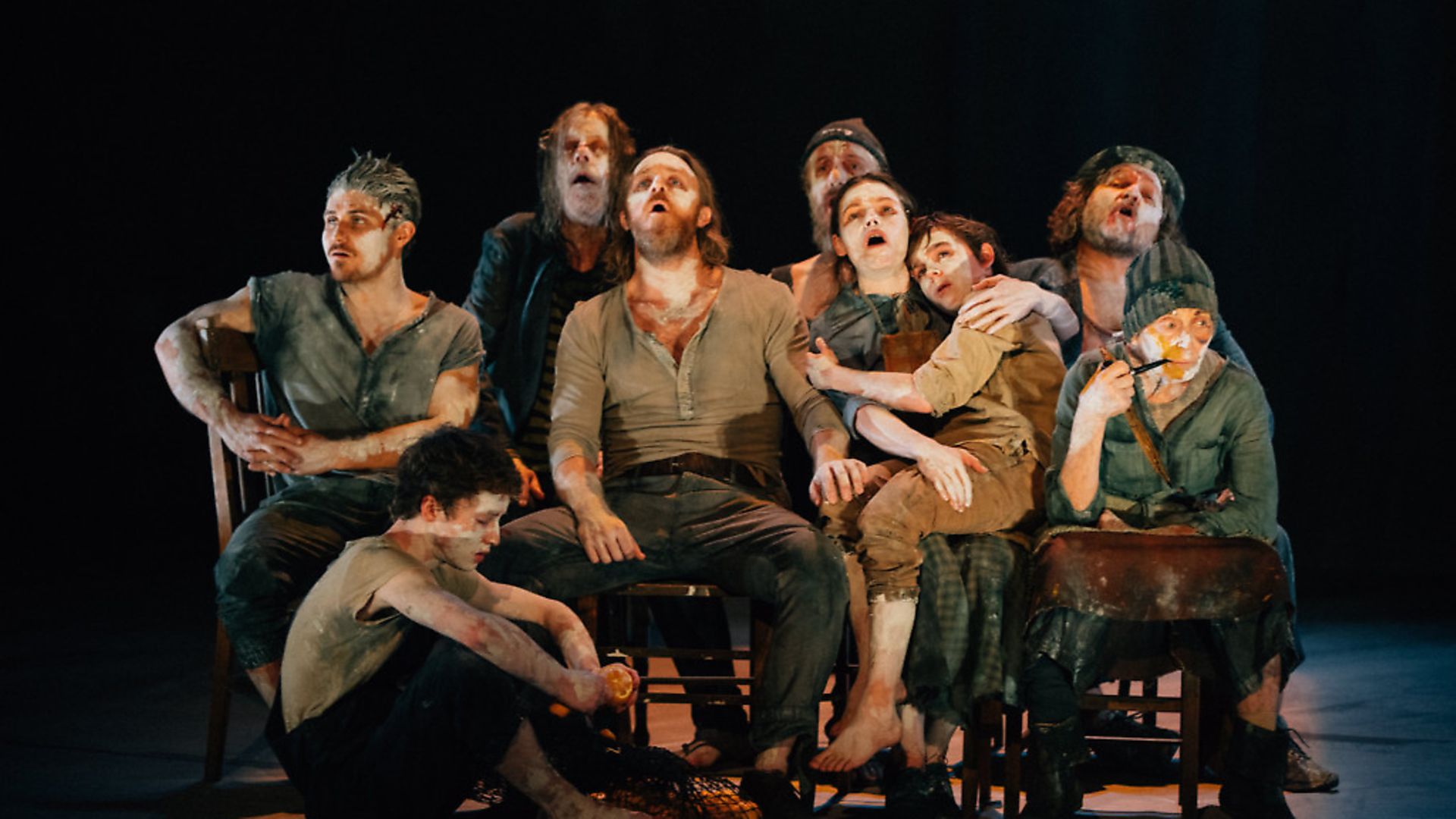
TIM WALKER gives a glowing review of playwright Andre Bovell’s newest ‘epic, big screen’ play.
It was the playwright John Osborne who observed that it was a gift from God to be born English. Stiff upper lips, Spitfires, Scott of the Antarctic and sanctimoniousness: we’ve always been encouraged to believe that we’re superior to everyone else and to never complain or explain.
When we’ve occasionally messed up, we’ve mostly attempted to brazen it out. The response to defeat at Isandlwana in 1879 was to focus on the successful defence of Rorke’s Drift the following day and mass-produce VCs. In 1919, the Morning Post decided it was no time to chastise General Reginald Dyer, but to launch an appeal to ensure he had a fitting retirement. More than £1 million in today’s money was raised for the Butcher of Amritsar.
My generation hath ever but slenderly known itself and it is now, perhaps as a consequence, going through what can only really be called a collective nervous breakdown. We were never, of course, called up to fight for our country, but the old black and white war films, a tabloid press that still seems intent on portraying every football match with Germany in terms of the Tommies versus the Jerries, and the juke box jingoism of so many of our politicians has made us start to believe that our vicarious valour was real.
In terms of his attitudes and world view, William Thornhill – the central character in The Secret River, played by Nathaniel Dean – could be seen as something of a quintessential Englishman.
The play is set in the 18th century and Thornhill is banished from these shores to New South Wales, for theft. He and his wife Sal (Georgia Adamson) and young son (Toby Challenor) end up living on land alongside the Hawkesbury River, where, from the start, he looks down upon the Dharug people who also live there.
He wonders what on earth they could sensibly do with their land, and, before too long, he reckons it’s time that they have to be moved.
Andrew Bovell’s adaptation of Kate Grenville’s novel about how tragically irreconcilable our forbears proved to be with the indigenous people makes for a timely if harrowing piece of theatre.
Dean is on great form as Thornhill: a reasonable enough family man at first, but soon he’s savagely beating his son for fraternising with a one of the Dharug youngsters (Jacob Narkle) and his darker purpose becomes clear.
Sadly, Ningali Lawford-Wolf, an Aboriginal artist and activist who originated the part of the narrator Dhirrumbin, died during the play’s run in Edinburgh last month, but her part has been taken up with distinction by Pauline Whyman. A predominantly Australian ensemble make a great job of playing the Dharug people, with Major ‘Moogy’ Sumner AM as their leader especially impressive.
There is an epic, big screen quality to Neil Armfield’s production, but it’s at its best dealing with the small-mindedness and meanness of the English interlopers. An important play: it’s time we started to come to terms with who we really are.
Warning: Illegal string offset 'link_id' in /mnt/storage/stage/www/wp-includes/bookmark.php on line 357
Notice: Trying to get property 'link_id' of non-object in /mnt/storage/stage/www/wp-includes/bookmark.php on line 37







